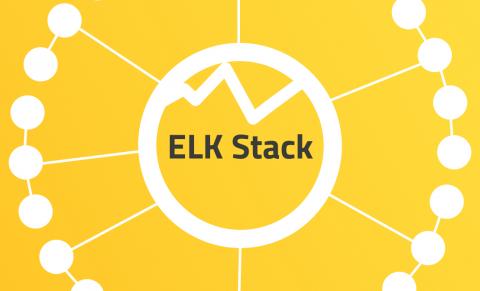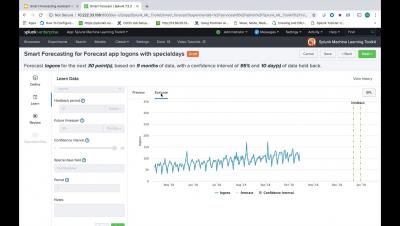Operations | Monitoring | ITSM | DevOps | Cloud
Analytics
Using machine data analytics to provide the best customer experience - Don't fly blind
How Big Data and Log management work hand in hand
As Stephen Marsland once said, “if data had mass, the earth would be a black hole.” A vast part of the immense amount of structured and unstructured data that we call “Big Data” is nothing but machine-originated log data. Logs are generated for a lot of different purposes – from security to debugging and troubleshooting. They constitute a gold mine of useful information and actionable insights if properly stored, managed, and analyzed.
Topping top! New Real-Time Process Monitoring
What are the essential things to monitor in your infrastructure? Sure, CPU utilization, memory usage, and IO throughput. However, once you notice a significant load somewhere in your infrastructure you want to know what is causing it, and that typically boils down to needing to find the process that’s using too much CPU or memory or that’s doing disk or network IO like there’s no tomorrow.
API Analysis with the ELK Stack
Pulling in data exposed via API is not one of the most common use cases for ELK Stack users but it is definitely one I’ve come across in the past. Developers wrapping their database services with REST API, for example, might be interested in analyzing this data for business intelligence purposes. Whatever the reason, the ELK Stack offers some easy ways to integrate with this API. One of these methods is the Logstash HTTP poller input plugin.
Elastic Austin Meetup - May 2019
Industry Analysts Recognizing Cloud Analytics Brings Wave of Disruption to the SIEM Market
In the new report, “Analytics is making its security operations mark ahead of schedule,” analyst firm 451 Research details the accelerating transition happening in the security information and event management (SIEM) space. The report underscores how new cloud-native analytics solutions are displacing traditional SIEMs at the heart of the defense.











